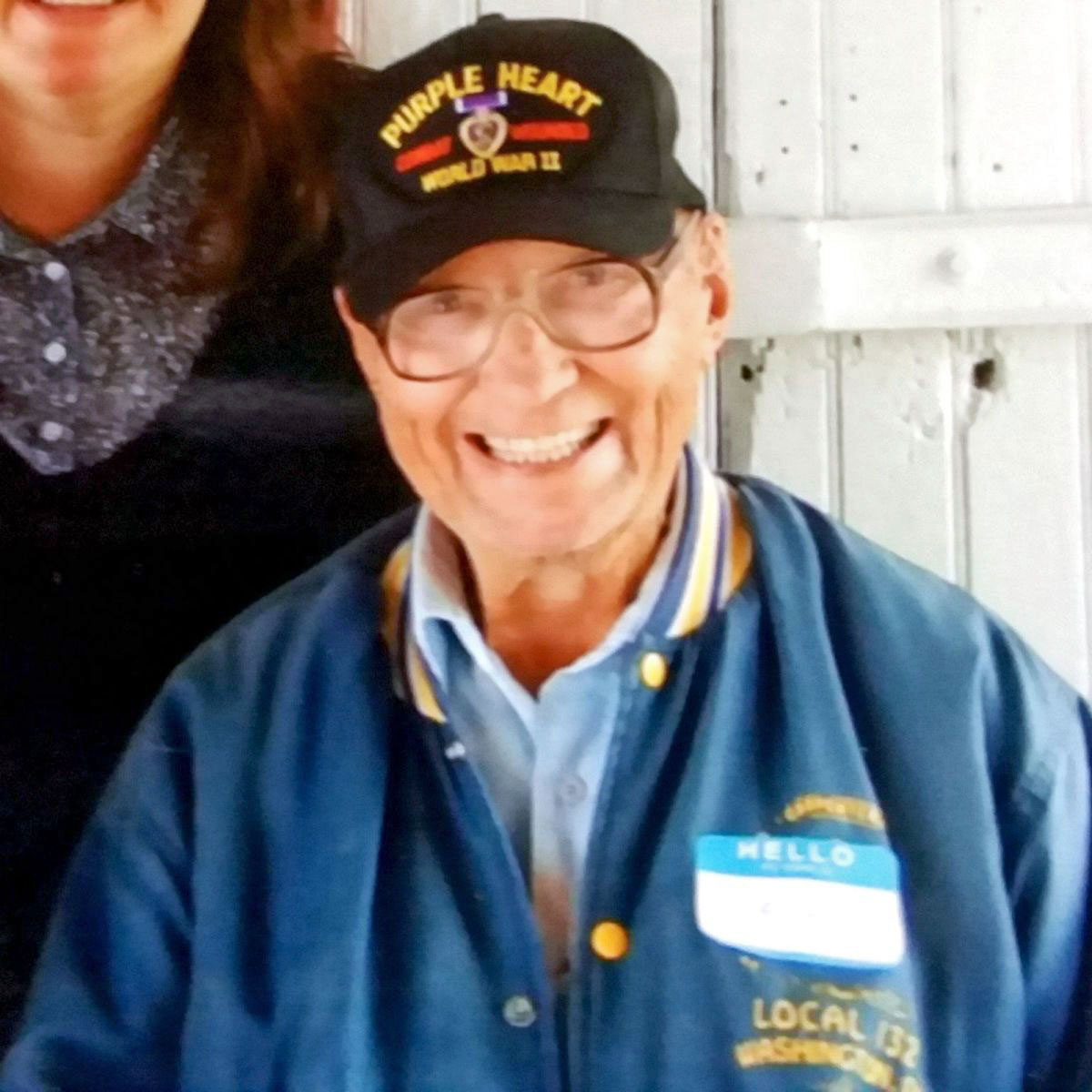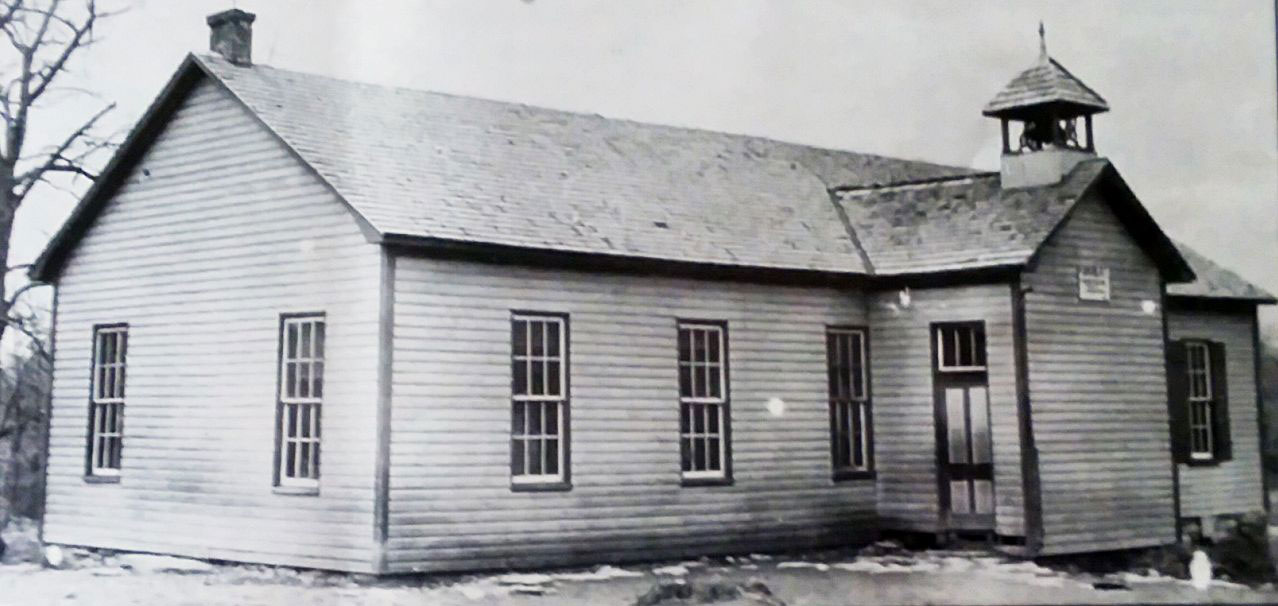Mark Allen Lewis
A Life Well Spent
by Priscilla Rall
Mark Lewis was born in 1924 in the hamlet of Garfield, high up in the Catoctin Mountains. He died there, in a place he knew well—the home where he was born. When I consider Mark’s life, I realize it encompassed an entire century of our country’s history: from her agricultural roots to the Great Depression, from the horrors of World War II to the Cold War.
All that was rural America can be summed up in Mark Lewis’ life. He was born at home, not in a hospital, 1 of 10 children. The Lewis family scratched out a meager living in the rocky fields and orchards of Frederick County. He could not remember when he was not working on the farm. He went to a two-room school, Forest School, and then began working on a neighbor’s farm when he was just 13, plowing the fields with a team of horses, just as farmers had done for a hundred years.
The little store run by his father had all that the mountain people needed. Traveling hucksters provided a small income from eggs and butter. Mark’s mother, Annie, toiled long hours and, sadly, died too soon. She impressed on her children the need for an education. His hard-working father, Claude, was a pillar of the community.
These beginnings gave Mark all that he needed to face the uncertain years of the Great Depression. He joined the National Youth Administration at 16 years old. He worked at Fort Ritchie, where he saw the last of the cavalry regiments!
The world was changing.
As our country plunged into war, Mark joined up. Trained as a paratrooper, he rode a glider into Germany amidst savage enemy fire. He trudged through the snow to relieve the troops at Bastogne in the Battle of the Bulge. This mountain boy, with little education, became a combat engineer, detecting mines, blowing up enemy bridges, and then building pontoon bridges for the allies. He was wounded three times and was ready to be sent to invade Japan when the war was ended by the atomic bombs.
Mark came home to his family, and then began his own. He married his beloved Dorothy, who he met picking beans in a field at the home farm. Like other GIs returning home, he began a new life. And like many other combat Veterans—then as now—he suffered from Post-Traumatic Stress Syndrome. However, with drive and ambition, he succeeded, working for many years as a construction project superintendent at such American institutions as the Library of Congress, Camp David, and Site R. But Mark never lost his love of the land. He never lost his pride in being an American.
With his love of history, he wrote and published many articles on local lore and of the people he knew so well. From his writings, others learned about the strength of the people who lived in the hills and hollows of the Catoctin Mountains. To talk to him was to open a history book, with footnotes provided by Dorothy. He shared his own story with the Veterans History Project in 2006. It is fitting that his own history now resides in the Library of Congress, where he had once worked. echoua.com
Mark was a remarkable man—smart, hard-working, devoted to his community and his family. Just as he had fought in the fields of Europe as a young man, he bravely fought his illnesses during his last years, with Dorothy and their children by his side.
One would never mistake his voice for another, “Mark, here….” I would begin. “How’s my gal?” he would ask. I will miss those phone calls. I will miss the visits I had with Mark and Dorothy. I will miss my friend, Mark Lewis, someone I consider a true American Hero.

Courtesy Photo of Mark Allen Lewis
Photo Courtesy of Ellen Smith

Forrest School opened its doors in the fall of 1882, serving children in the Garfield area, between Wolfsville and Foxville in Frederick County. Located at the intersection of Stottlemyer and Forrest School roads, the school closed its doors in the spring of 1939.

